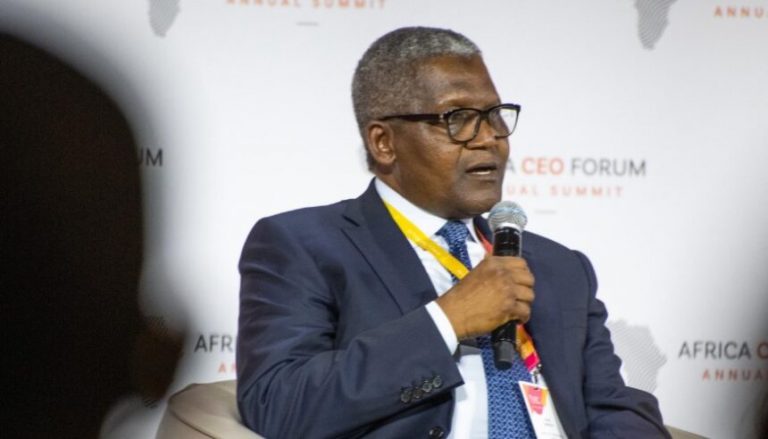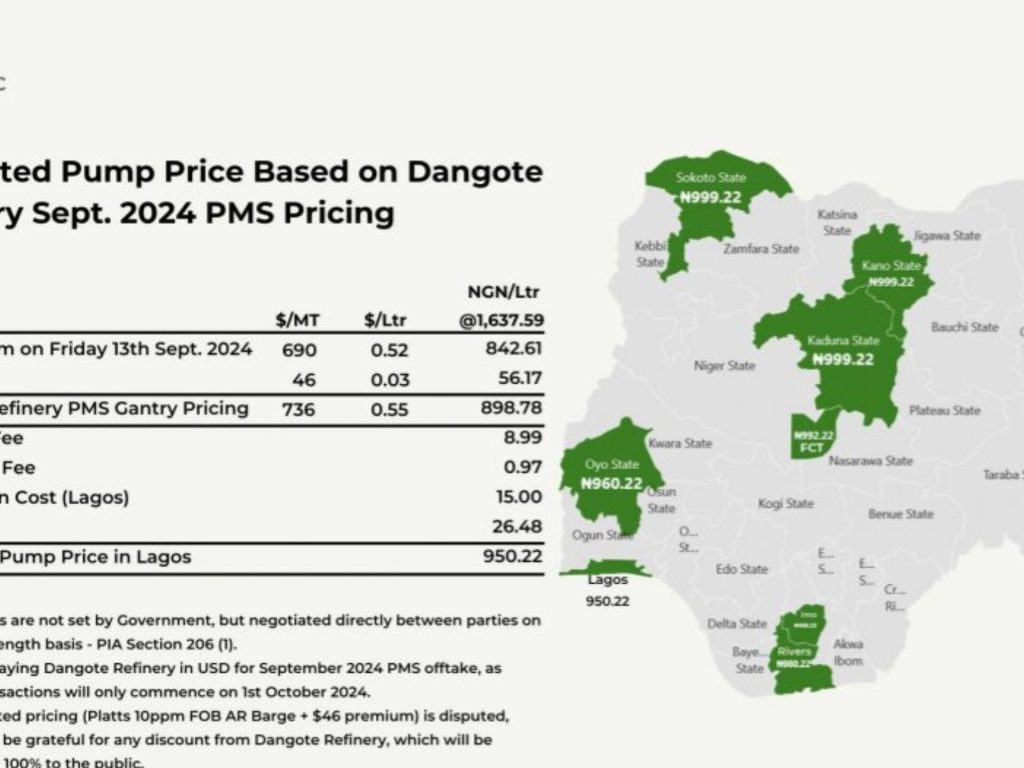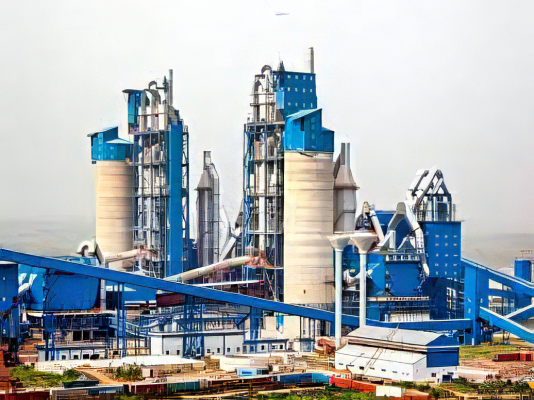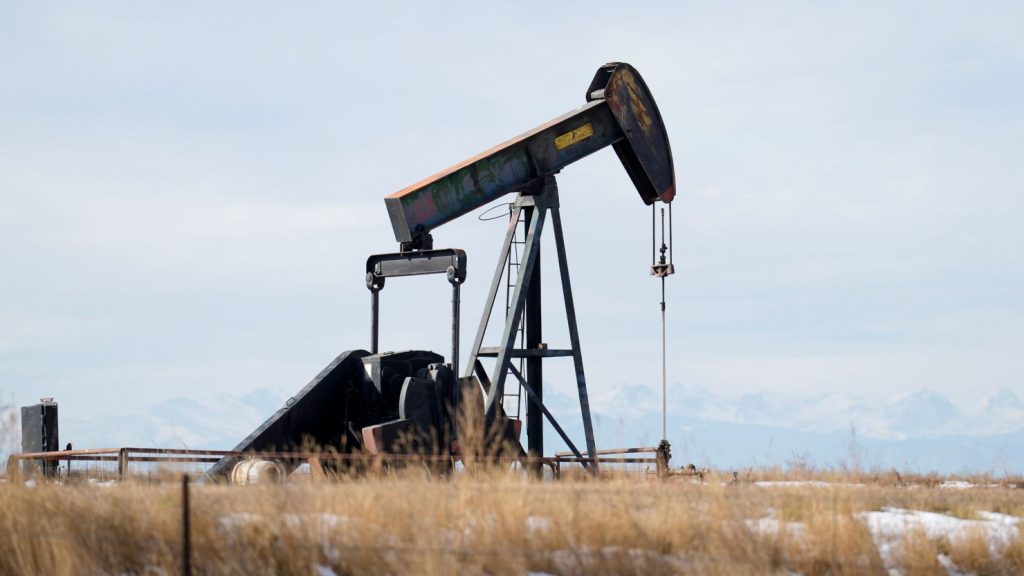Petrol Import Price dropped; Pump Price Still High

Despite a sharp decline in petrol imports by 13.77% to 20.30 billion liters in 2023, compared to the previous year, Nigeria’s dependency on fuel imports persists.
The recent publication of the Petroleum Products Distribution Data for 2023 by the National Bureau of Statistics (NBS) revealed that the distribution of petrol also experienced a significant drop of 16.96% to 20.22 billion liters, compared to the previous year’s figure of 24.35 billion liters.
Notably, Automotive Gas Oil recorded an increase in imports by 23.66% to 4.94 billion liters.
This decrease in petrol imports and distribution can be partially attributed to the fuel subsidy removal policy introduced by the Tinubu administration in May 2023. However, despite the policy, the pump price of petrol has risen significantly, from N238 per litre to as high as N1,100 per litre.
Furthermore, the recent domestic production of petrol by the Dangote Refinery, which began operations on September 15, 2024, has sparked discussions on the future of fuel imports in Nigeria.
While the domestic production of petrol at Dangote Refinery is a step towards reducing Nigeria’s dependency on fuel imports, the high cost of petrol at the pump continues to affect consumers across the country.
The new administration of President Tinubu is facing mounting pressure to address the rising fuel prices and ensure that the benefits of local production are felt by the average Nigerian.
The long-term implications of the fuel subsidy removal policy and the introduction of domestic production on the Nigerian economy and energy sector will be closely monitored in the coming months and years.
The domestic production of petrol, while a welcome development, raises questions about the future of fuel subsidies in Nigeria.
While the policy to remove subsidies was touted as a way to free up government spending for other sectors, the continued high cost of petrol at the pump suggests that the policy has not yet achieved its intended purpose.
As Nigeria navigates this complex issue, the government must strike a delicate balance between protecting the interests of consumers and promoting the growth of the domestic energy sector.
References and Citations:
- Punch – Petrol imports dropped by 3.58bn litres after subsidy removal – FG
- Daily Post – Petrol Import into Nigeria dropped by 13.77 per cent – NBS
- Nairametrics – Petrol Import in Nigeria drops by 3.58 billion litres after subsidy removal






